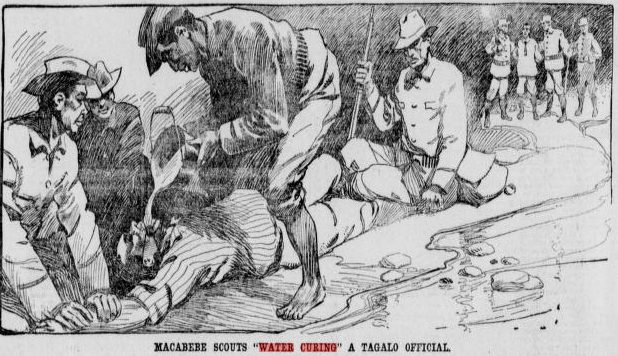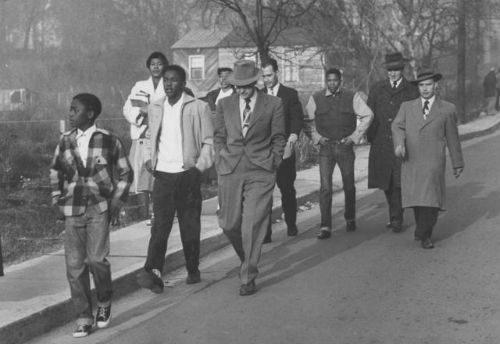“Floor Statement by Senator John McCain on Senate Intelligence Committee Report on CIA Interrogation Methods,” Dec. 9, 2014
I believe the American people have a right – indeed, a responsibility – to know what was done in their name; how these practices did or did not serve our interests; and how they comported with our most important values. …
The truth is sometimes a hard pill to swallow. It sometimes causes us difficulties at home and abroad. It is sometimes used by our enemies in attempts to hurt us. But the American people are entitled to it, nonetheless.
They must know when the values that define our nation are intentionally disregarded by our security policies, even those policies that are conducted in secret. They must be able to make informed judgments about whether those policies and the personnel who supported them were justified in compromising our values; whether they served a greater good; or whether, as I believe, they stained our national honor, did much harm and little practical good. …
I have long believed some of these practices amounted to torture, as a reasonable person would define it, especially, but not only the practice of waterboarding, which is a mock execution and an exquisite form of torture. Its use was shameful and unnecessary; and, contrary to assertions made by some of its defenders and as the Committee’s report makes clear, it produced little useful intelligence to help us track down the perpetrators of 9/11 or prevent new attacks and atrocities.
I know from personal experience that the abuse of prisoners will produce more bad than good intelligence. I know that victims of torture will offer intentionally misleading information if they think their captors will believe it. I know they will say whatever they think their torturers want them to say if they believe it will stop their suffering. Most of all, I know the use of torture compromises that which most distinguishes us from our enemies, our belief that all people, even captured enemies, possess basic human rights, which are protected by international conventions the U.S. not only joined, but for the most part authored. …
There was considerable misinformation disseminated then about what was and wasn’t achieved using these methods in an effort to discourage support for the legislation. There was a good amount of misinformation used in 2011 to credit the use of these methods with the death of Osama bin Laden. And there is, I fear, misinformation being used today to prevent the release of this report, disputing its findings and warning about the security consequences of their public disclosure.
Will the report’s release cause outrage that leads to violence in some parts of the Muslim world? Yes, I suppose that’s possible, perhaps likely. Sadly, violence needs little incentive in some quarters of the world today. But that doesn’t mean we will be telling the world something it will be shocked to learn. The entire world already knows that we water-boarded prisoners. It knows we subjected prisoners to various other types of degrading treatment. It knows we used black sites, secret prisons. Those practices haven’t been a secret for a decade.
Terrorists might use the report’s re-identification of the practices as an excuse to attack Americans, but they hardly need an excuse for that. That has been their life’s calling for a while now.
What might come as a surprise, not just to our enemies, but to many Americans, is how little these practices did to aid our efforts to bring 9/11 culprits to justice and to find and prevent terrorist attacks today and tomorrow. That could be a real surprise, since it contradicts the many assurances provided by intelligence officials on the record and in private that enhanced interrogation techniques were indispensable in the war against terrorism. And I suspect the objection of those same officials to the release of this report is really focused on that disclosure – torture’s ineffectiveness – because we gave up much in the expectation that torture would make us safer. Too much. …
But in the end, torture’s failure to serve its intended purpose isn’t the main reason to oppose its use. I have often said, and will always maintain, that this question isn’t about our enemies; it’s about us. It’s about who we were, who we are and who we aspire to be. It’s about how we represent ourselves to the world.
We have made our way in this often dangerous and cruel world, not by just strictly pursuing our geopolitical interests, but by exemplifying our political values, and influencing other nations to embrace them. When we fight to defend our security we fight also for an idea, not for a tribe or a twisted interpretation of an ancient religion or for a king, but for an idea that all men are endowed by the Creator with inalienable rights. How much safer the world would be if all nations believed the same. How much more dangerous it can become when we forget it ourselves even momentarily.












